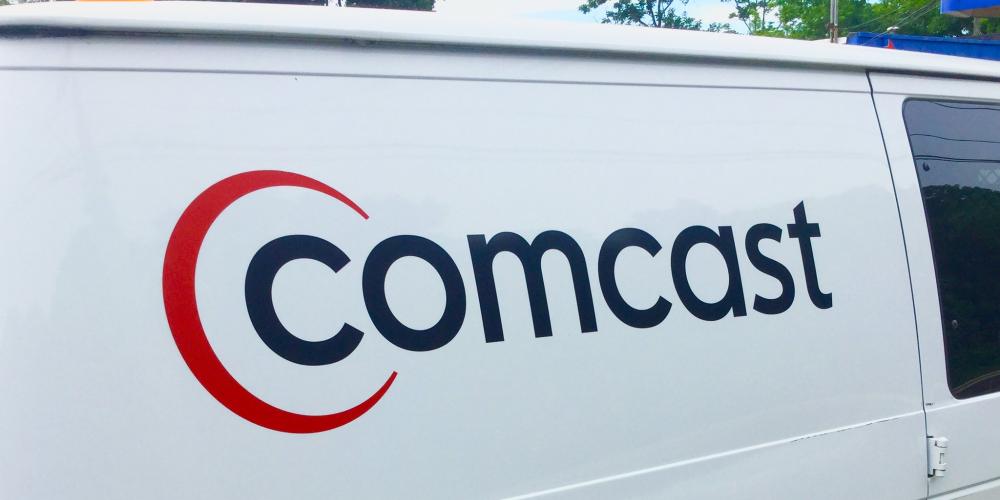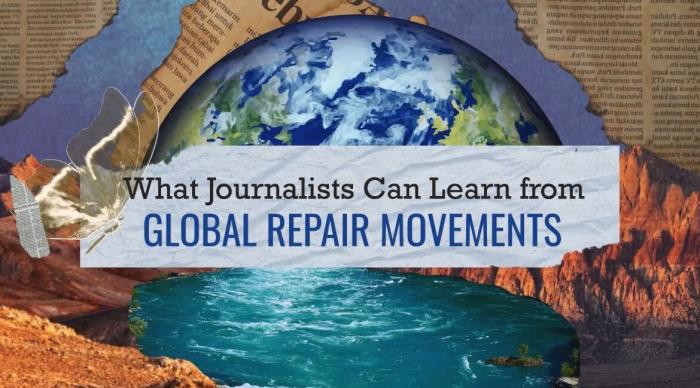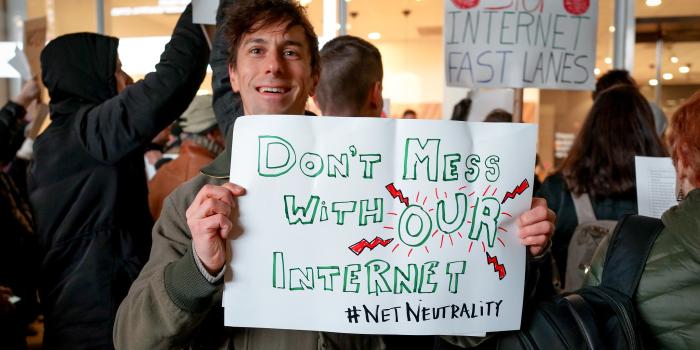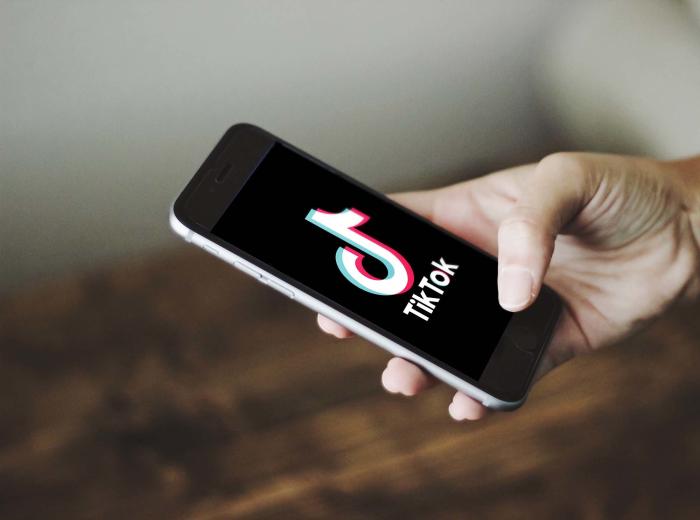Comcast Agrees to Double Speeds for Internet Essentials Customers

Comcast thought it could get away with offering free upgrades only to certain high-paying internet subscribers — but activists from the Media Mobilizing Project, Free Press, Sum Of Us, Working Families and other groups put a stop to that.
The company recently decided to increase internet speeds only for people subscribing to two of its priciest plans. This would have left low-income subscribers to its Internet Essentials program with painfully slow connections.
In response, thousands of activists from around the country demanded that Comcast right this wrong, urging the company to increase speeds and decrease prices for folks who most need affordable internet access.
A big win
In the wake of this public outcry, Comcast announced that it will double speeds for Internet Essentials customers, who will now pay $10 for 10 megabits. Comcast will also provide free wireless routers to subscribers. These are big steps forward for low-income and working people who depend on Internet Essentials for access.
Customers have historically had to jump through hoops just to participate in this program — sparking criticism left and right — and Comcast is now loosening some of the eligibility requirements.
“Eligibility for Internet Essentials used to be dictated by whether households had a child who qualified for free or reduced-price school lunches, or who merely attended a school where 70 percent of the school qualified for meal subsidies,” the Washington Post writes. “Now, Comcast is lowering that 70 percent threshold to 50 percent to make it easier for more families to qualify for Internet Essentials.”
Still falling short
But this expansion doesn’t go far enough — not by a long shot. In fact, there are still millions of Comcast customers who just miss out on qualifying for Internet Essentials who also need affordable broadband options.
Comcast profits immensely from its monopoly hold on cable broadband services. If the market were more competitive, $10 for 10 megabits would be the norm, not an exception.
That’s why we’re going to keep pushing Comcast and the other big internet service providers to make broadband open, accessible and affordable for everyone. And as we can see here, the activists and organizations fighting for our rights to connect and communicate are having an impact.
Earlier this year activists secured real Net Neutrality at the FCC and pushed Comcast to drop its bid to take over Time Warner Cable. These moments showcase the power of everyday people to make change in Washington, and we’ll keep fighting for the media and technology our communities need.





